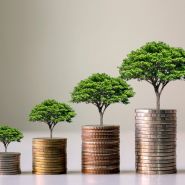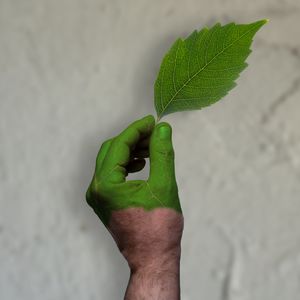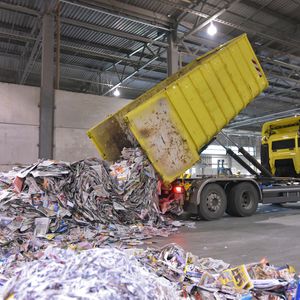Blog
What do you wanna read? Pick your topic
AFRICA GOES FROM TEXTILE WASTE DUMP TO CRADLE OF SUSTAINABLE FASHION
Sep 26, 2024
The influence of African fashion is not just a phenomenon of the past: at London Fashion Week in mid-September, for example, designers from different areas of Africa attracted the attention of the public and industry professionals. In Milan, Afro Fashion Week attracts just as much interest, as does African Fashion Up in Paris.
GREEN FINANCE? IT IS STILL FAR TOO GREY
Sep 9, 2024
The 2015 Paris climate agreements set the goal of making global financial flows “consistent with a pathway towards low greenhouse gas emissions (GHG) and climate-resilient development”.
HOW THE EUROPEAN UNION IS GEARING UP TO FIGHT GREENWASHING
Aug 2, 2024
A few weeks ago, after the approval in Canada of a law prohibiting the dissemination of misleading environmental claims, a group of companies promoting a project to capture carbon from their tar sands mining operations decided to shut down the project’s website.
SMART WASTE MANAGEMENT
Jul 30, 2024
Innovations in waste management today are universally referred to as smart waste management and are increasingly relevant in the implementation of a mature circular economy.
CIRCULAR ECONOMY’S POTENTIAL HELD BACK BY THE GENDER GAP
Jul 19, 2024
It is not merely rhetoric to say that the gender gap is an obstacle to a sustainable economy.
There are many reasons for this, and several analyses have confirmed it, offering useful insights to both legislators and the business community.






